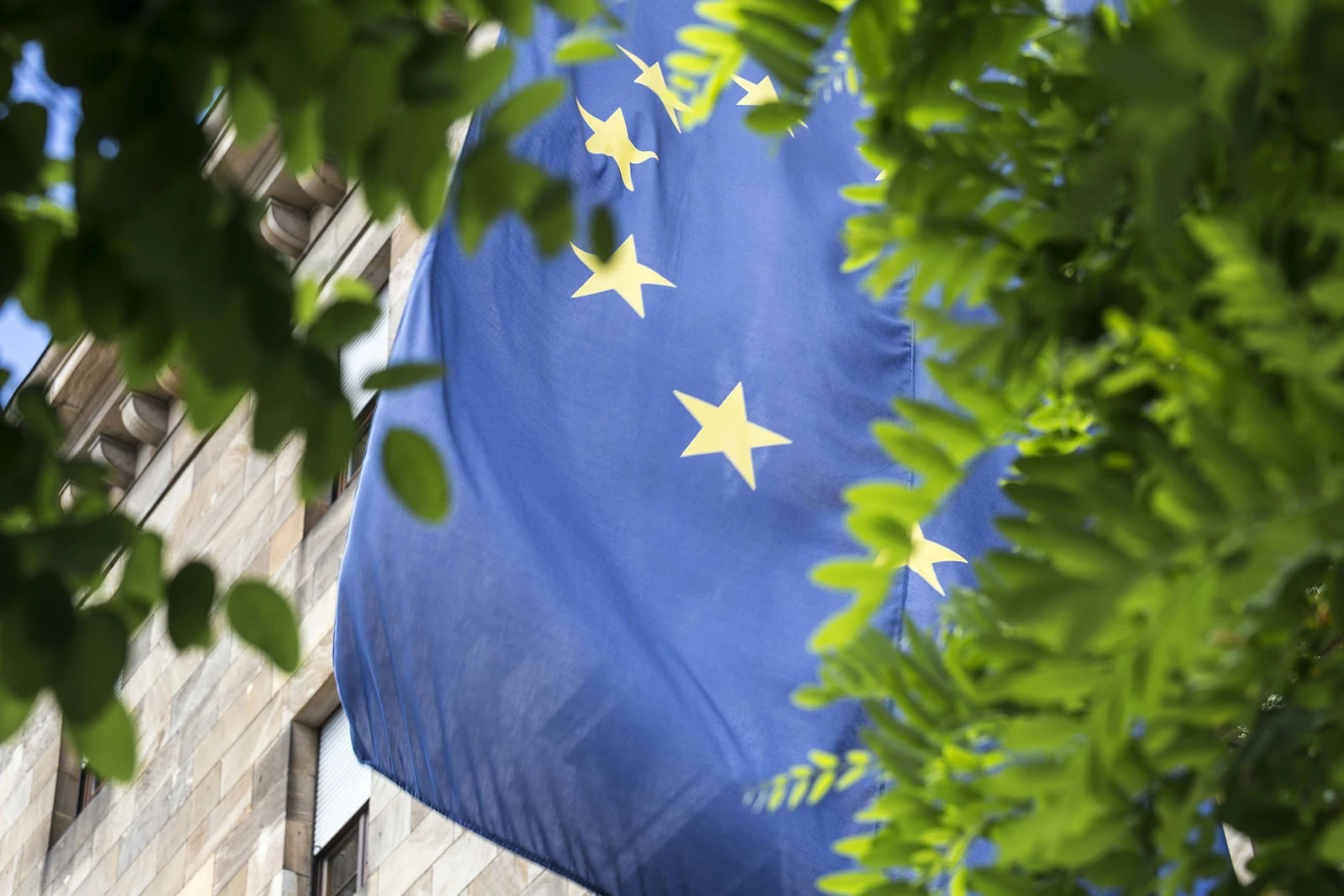
- Name:
- David Ray
- Title:
- Nordea Sustainable Finance Advisory
Den här sidan finns tyvärr inte på svenska.
Stanna kvar på sidan | Gå till en relaterad sida på svenskaUpdates to the SFDR Regulatory Technical Standards aim to strengthen disclosure requirements on financial market participants at the product level and detail alignment with environmental objectives under the EU taxonomy.

As part of the European Commission’s Action Plan on Sustainable Finance, the Sustainable Finance Disclosure Regulation (SFDR) aims to increase transparency to investors about financial products with sustainable objectives. The SFDR provides both guidelines for reporting on the entity level (i.e. the investor), which went into force in May 2021, and the product level (i.e. the fund).
As a core component, the SFDR relies on the disclosure of Principle Adverse Impacts (PAI) of investment decisions on sustainability factors at both entity and product levels. Selected sector-specific PAIs can include the below; further indicators and sector-specific metrics might apply.
| Adverse sustainability indicator | Metric | |
| GHG emissions | GHG emissions | Scope 1 + 2 GHG emissions, from Jan 1 2023 also scope 3 emissions, total GHG emissions |
| Carbon footprint | – | |
| GHG intensity of investee companies | – | |
| Exposure to companies active in the fossil fuel sector | Share of investments in companies active in the fossil fuel sector | |
| Share of non-renewable energy consumption and production | Share of non-renewable energy consumption and non-renewable energy production of investee companies from non-renewable energy sources compared to renewable energy sources, expressed as a percentage | |
| Energy consumption intensity per high impact climate sector | Energy consumption in GWh per million EUR of revenue of investee companies, per high impact climate sector | |
| Biodiversity | Activities negatively affecting biodiversity-sensitive areas | Share of investments in investee companies with sites/operations located in or near to biodiversity-sensitive areas where activities of those investee companies negatively affect those areas |
| Water | Emissions to water | Tonnes of emissions to water generated by investee companies per million EUR invested, expressed as a weighted average |
| Waste | Hazardous waste ratio | Tonnes of hazardous waste generated by investee companies per million EUR invested, expressed as weighted average |
| Adverse sustianability indicator | Metric | |
| Social and employee matters | Violations of UN Global Compact principles and Organisation for Economic Cooperation and Development (OECD) Guidelines for Multinational Enterprises | Share of investments in investee companies that have been involved in violations of the UNGC principles or OECD Guidelines for Multinational Enterprises |
| Lack of processes and compliance mechanisms to monitor compliance with UN Global Compact principles and OECD Guidelines for Multinational Enterprises | Share of investments in investee companies without policies to monitor compliance with the UNGC principles or OECD Guidelines for Multinational Enterprises or grievance/complaints handling mechanisms to address violations of the UNGC principles or OECED Guidelines for Multinational Enterprises | |
| Unadjusted gender pay gap | Average unadjusted gender pay gap of investee companies | |
| Board gender diversity | Average ratio of female to male board members in investee companies | |
| Exposure to controversial weapons (anti-personnel mines, cluster munitions, chemical weapons, and biological weapons) | Share of investments in investee companies involved in the manufacture or selling of controversial weapons | |
An important update to the standards means that the Do No Significant Harm (DNSH) principle now applies to all sustainable investments.
Last Friday, the three European Supervisory Authorities (ESAs) proposed new rules for the disclosure of financial products contributing to sustainable economic activities. The update can be considered the last cornerstone of the final SFDR coming into force in June 2022. This final version of the Regulatory Technical Standards provides an extension and update to the existing SFDR, aiming to strengthen reporting on the product level, and detail alignment with environmental objectives defined by the EU taxonomy.
An important update to the standards means that the Do No Significant Harm (DNSH) principle now applies to all sustainable investments.
The key changes to product disclosure include:
Furthermore, in line with the European Union’s commitment to protect investors from greenwashing, the draft suggests requiring investors to report taxonomy alignment, including and excluding sovereign bond exposure.
So far, while the final Regulatory Technical Standards point out references to social sustainable criteria, these are not yet covered by the EU taxonomy, and investments contributing solely to social criteria can hence not be considered taxonomy-aligned.
As a next step, the European Commission will scrutinise the draft report and decide upon the inclusion within the next 3 months. Subsequently, the EC aims to combine all drafts into one instrument, which is likely to take effect in the first half of 2022.


Nordea's Sustainable Finance Advisory team helps clients navigate fundamental changes in the financial markets as the global economy shifts towards becoming sustainable and low-carbon. Find out more about our sustainable product offerings and holistic advisory services.
Learn more
Sustainability
Amid geopolitical tensions and fractured global cooperation, Nordic companies are not retreating from their climate ambitions. Our Equities ESG Research team’s annual review shows stronger commitments and measurable progress on emissions reductions.
Read more
Sector insights
As Europe shifts towards strategic autonomy in critical resources, Nordic companies are uniquely positioned to lead. Learn how Nordic companies stand to gain in this new era of managed openness and resource security.
Read more
Open banking
The financial industry is right now in the middle of a paradigm shift as real-time payments become the norm rather than the exception. At the heart of this transformation are banking APIs (application programming interfaces) that enable instant, secure and programmable money movement.
Read more